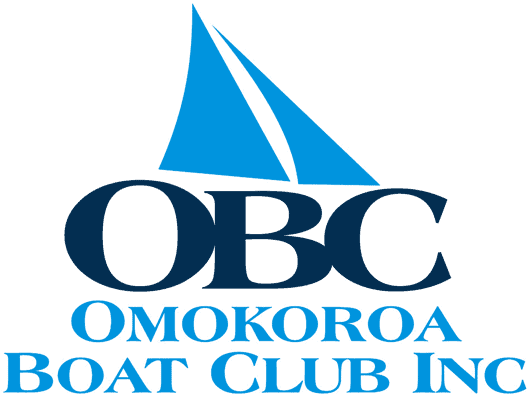Our History
History of the Omokoroa Boat Club
The Omokoroa Boat Club, originated from a suggestion put forward by Dick Coulston and Ira Thomas to a group of like-minded boating friends which included Ira Thomas’s family, the Barretts, the James family, George Wright and Eddie Adams.
The idea was greeted with enthusiasm and the Boat Club was founded when they held their very first meeting on 7th May 1950. The group may well have also included friends who owned holiday baches in the area, mainly farmers from the Waikato region, who became members and supported the Club at weekends and during holiday periods by taking part in the many boat races and regattas.
At the time, apart from the holiday homes, there were only 13 resident families on the peninsula, mostly involved in farming.
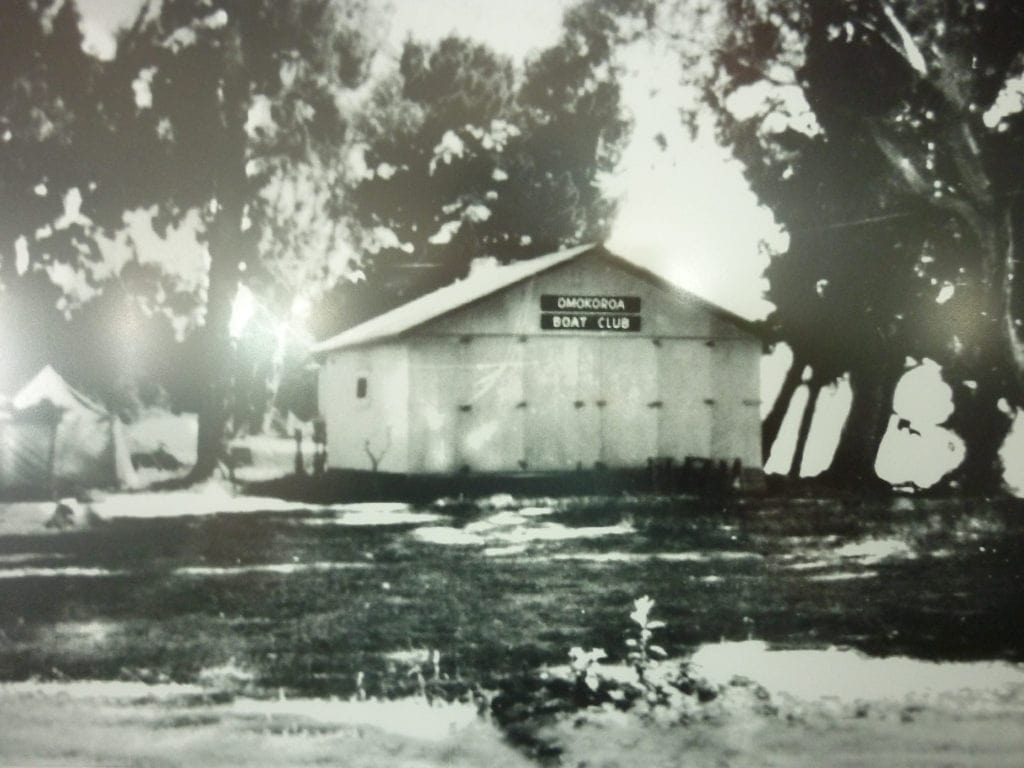
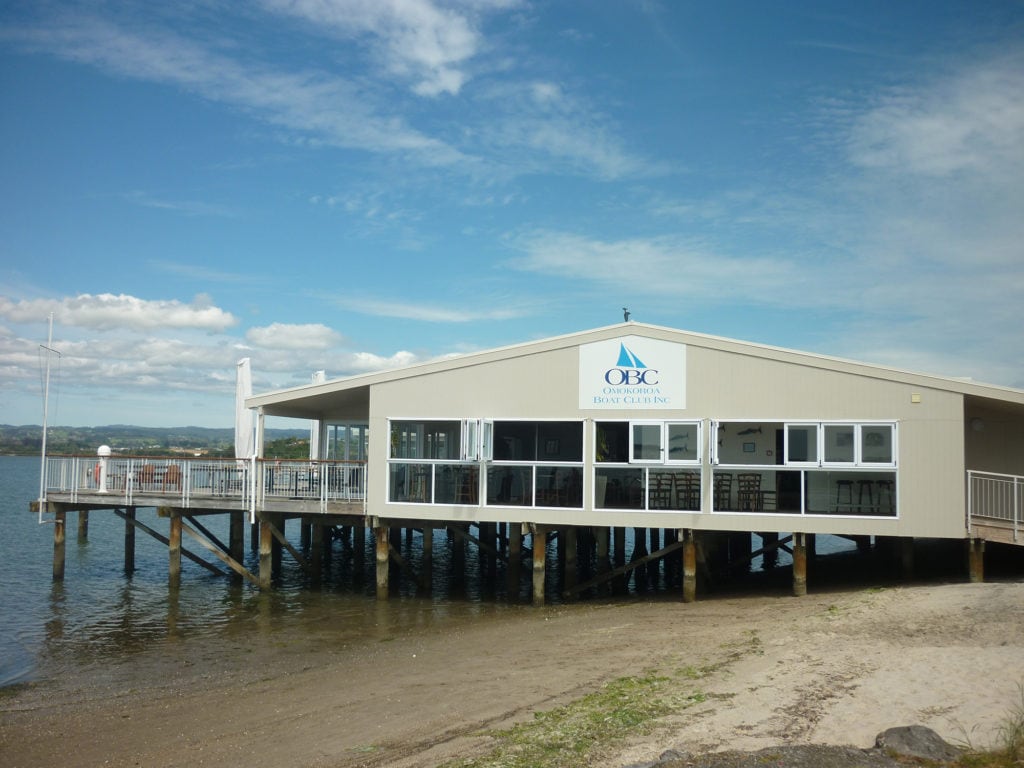
Some of the notable personalities of the Club throughout the 1950s along with Dick Coulston, Ira Thomas and Gerald Crapp, were David Jack, Harold Roigard, Harry Allen, Bob James, Bro Benson and Warren Harrison who all served a period as Commodore. David Jack was born in 1878 in North Otago and served in the Boer war. He seemed to have a somewhat restless spirit because on returning from the war he went into farming, then auctioneering followed by a spell as a contractor. As a retiree he ended up in Omokoroa in 1949 for about a year during which time he became Commodore of the Boat Club in 1950, but moved on before he had completed a year in that position. Dick Coulston, who was a builder by trade from Hamilton, took over from David as Commodore. He soon became involved with the slipway which was owned by the Crapp family, and also served as Honorary Harbour Master until he died in 1995. Positioned as he was, living on The Esplanade, he kept an eagle eye on the harbour area from his lounge window, not only to be ready to launch his boat and rescue any boaties in trouble, but also to keep an eye on the local residents. Woe betides anyone making mischief or trying to take shells or sand from the beach!
Gerald Crapp farmed the area from the Domain almost up to the main highway until; in the early 1950s he gradually began to sub-divide small parcels of land. In approximately 1952, the land adjacent to the seashore that we now know as the Domain was vested in the Crown eventually to become part of the Queen’s chain.
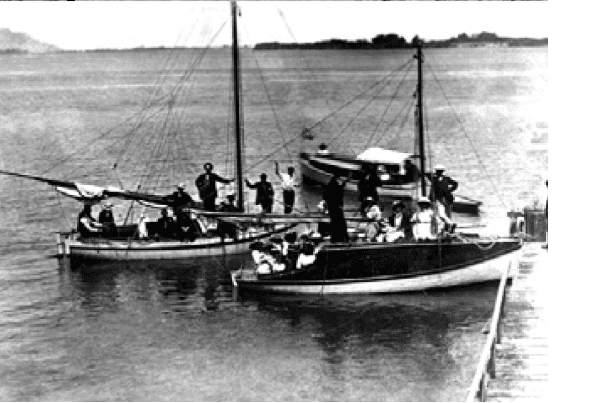
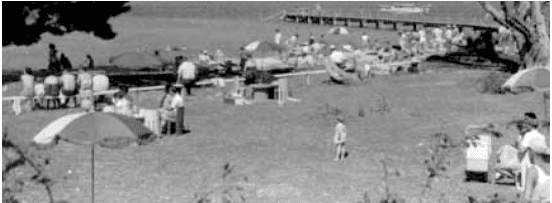
Designated for recreational purposes, the Domain is now looked after by the WBOPDC.
Although the transfer date of the land was not officially recorded until January 1957, it was some years after its requisition that the Council actually got round to re-claiming this tidal land by using the fill from the construction of the main Tauranga Highway.
Also at this time Crapp’s Highway was re-surfaced and the name changed to Omokoroa Road, and Youngson Road was formed. Harold Roigard, an ex-serviceman, owned a dairy farm opposite what is now the Z petrol station on State Highway 2.
Harry Allen was an orchardist growing mainly tamarillos and citrus fruit. Bob James was a general engineer who lived in Cambridge but owned a holiday bach in Omokoroa which the family used regularly.
Bro Benson lived in Tauranga but kept his yacht at Omokoroa, coming over whenever possible, especially at holiday times to compete in the many Boat Club regattas. Warren Harrison managed a Bond & Bond store and served the Club as treasurer.
With Peggy Smith as secretary, the fibrolite building was to become the hub, not only for meetings, but for the many hugely enjoyable activities that the Boat Club organised throughout the 1950s, including ten pin bowling, dances and dancing lessons for the teenagers.
Peggy’s daughter Pam recalls the great fun they all had at the New Year’s Eve dance which was accompanied by either a wind-up gramophone or to the music of Gerald Crapp playing ‘Mademoiselle from Armentieres’ on his squeezebox, apparently the only tune he knew how to play, having learnt it when stationed in France during the war.
There was also an upright piano in the Clubhouse which was used as an accompaniment on occasions.
Organised trips to Pahoia on yachts and power boats for picnics and barbeques on the beach were also a regular feature for members of the community.
Power boats were as popular then as yachts so storage lockers were built on the side of the Boat Club building for safe storage of boat motors. Fish of all species were abundant in the harbour; stories abound of catching over a hundred fish in a day from the jetty, and it was not uncommon for boat fishermen to catch between forty and fifty good snapper in one outing.
Sadly that is not the case today.
To read the full history with more images please click on the button below.
